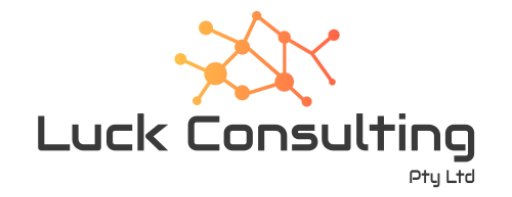This year’s JavaOne was a dismal affair. Crammed into the Hilton hotel and Parc 55, the feeling was that Oracle had ruined the conference. And the dual conference idea also caused Java people problems: those that tried to attend the key note at Moscone with JavaOne passes were turned away – instead needing to go to the Hilton ballroom to see it televised.
Last year, Larry shocked many with a goof ball suggestion to port OpenOffice to JavaFX. This year attendees were shocked to hear of the cancellation of JavaFX. Those giving and attending sessions on the topic felt it was futile. I was never convinced that JavaFX would be able to get the sort of dominance required to make it work as a browser platform. But what of Java 7, something I am interested in? The beer talk I heard at the Thirsty Bear, was that the JCP has stalemated for the past year on Java 7 over Oracle wanting to add a “restricted field of use condition” to it restricting the OpenJDK to desktop and server, not mobile. One possibility is for Oracle to abandon the JCP and just release it. The other rumour floating around is that future free versions of the JDK will be reference implementations, with higher quality or more fully featured versions only available under commercial license.
All of this suggests to me that Java as we have known it is over. Should we wait for Java to lose momentum and popularity to other languages? Or should we as a community step up and go in a new direction. I prefer the latter. Following is a sketch of how this could be done.
What to call the fork
Java is famous for coffee but also for volcanoes. So let’s call the new fork Lava.
Lava Foundation
We don’t want one company to take over the fork. What would be best is if a foundation, like the Linux Foundation, Mozilla Foundation, or Eclipse Foundation be formed. This group would be funded by corporations with deep enough pockets to make it work such as Google, IBM, HP and RedHat.
It would be a non-profit foundation.
It would perform the following duties:
Write Once, Run Anywhere
So how would we maintain this guarantee? The Lava compiler and Virtual Machine would remain backwardly compatible with Java 6. That way the vast array of existing code would work. Then depending on IP restrictions, Lava versions could add support for new language features in later versions of Java. If IP restrictions would preclude that it stays with Java 6.
The question then becomes whether developers would write to the new Java versions or to the evolving Lava. The answer likely would depend on market traction. In favour of Oracle is that it is the real Java. However if you need to pay license fees to Oracle for the higher quality implementations you would likely want to run in production, then that would come at a cost. If enough commercial companies supported Lava so that it was very high quality, then developers would follow. And developers would want the open source version to win.
I am interested in what the community thinks of this idea. Ping me at gluck AT gregluck.com.
Updates
October 7:
Stefan Asemota created a Lava Foundation facebook page here.
October 14:
Well, some interesting developments have occurred in the last week. IBM and Oracle jointly announced that IBM was switching from project Harmony to OpenJDK and would:
work with IBM and others to enhance and improve the JCP.
What does this last one mean? Trink Guarino clarified this for me:
This includes improving the collaboration with other standards bodies, increasing the participation in the JCP processes and expert groups as well as improving the efficiency of the specification process.
A close reading of the various corporate blogs and press releases shows that the approach between the two companies was made after the reaction to this blog. So, here is hoping that IBM, by negotiating in it’s own interest, will also open things up for the community.
Finally, what about the conference? Happily I was asked to give some feedback on JavaOne, which I did in great detail. Beyond that I am going to Devoxx 2010 and will be speaking there on “The essence of Caching”. With Google there, and hopefully the European non-attenders of JavaOne this year, it should be a bumper conference and may well be the largest Java conference this year.

3 comments
Comments are closed.